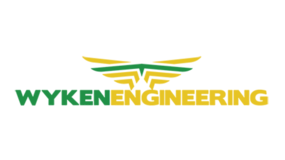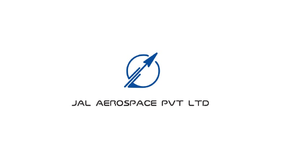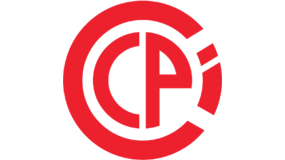CNR Services design a new machine to tackle an old problem
Peter Knight, technology manager at Midlands Aerospace Alliance (MAA) describes how a grant from the MAA Aerospace UP programme has helped specialist machine provider CNR Services realise a long-held dream to improve composite test sample manufacture.
Testing of composites requires different shapes and sizes of test specimens, all demanding a high level of dimensional accuracy. The traditional method of preparation is to first use a plate saw to produce rectangular blanks. This is then followed by profiling on one or more separate machines as required by the relevant test standard (eg ISO, ASTM), and according to the particular test being performed. Nottingham-based special purpose machine provider, CNR had seen first hand some of the challenges faced by composite test sample manufacturers as a result of maintaining the equipment used by others. Chris Reckless, Managing Director of CNR had long held the view that there must be a better way of making specimens, and a grant from the Aerospace – Unlocking Potential (Aerospace UP) Programme was the catalyst to turn his innovative ideas into reality.
Drawing on over 35 years of experience developing unique, high precision aerospace test rigs and special purpose machines, CNR set about designing a new fully working prototype machine for this essential and expanding market. The CSPM500 Composite Router has a work table which will accommodate composite panels up to 500mm square, and up to 50mm thick. The tool holder comes with a range of collets for different sizes of cutter, with coolant provided by an integrated cooling and filtration system. The CNR vision was for not just one-shot manufacture, but also a fully automated one-touch control system which would produce finished, profiled samples at the touch of a button. For this the team developed a dedicated control system with a fully customisable human machine interface, which allows sample geometries from simple shapes to complex curves to be generated and stored in a library. Whilst the system can be manually programmed, it also allows the import of standard DXF & G code files making it extremely versatile. The software also monitors the machine health, giving early warning of any developing problems. The CSPM500 is fully contained within a purpose built enclosure with a tilting windowed cover providing easy access to the work table. The 1300mm x 1400mm footprint means that the machine is compact and easily incorporated into a production environment.
Read more here.






